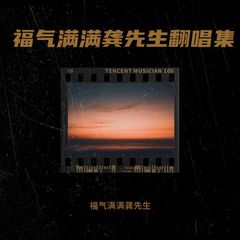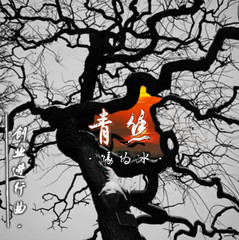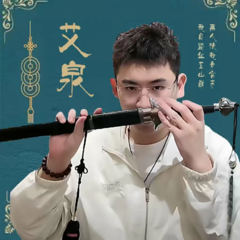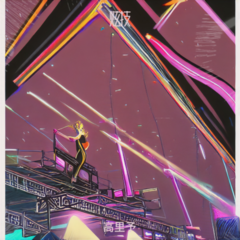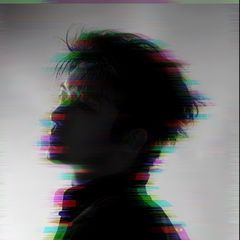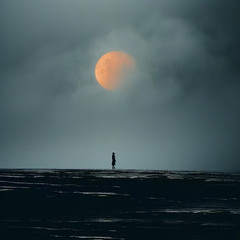David Holmes
David Holmes is the among the best in a growing cadre of invisible-soundtrack producers inspired by the audio verité of classic film composers Lalo Schifrin, John Barry, Ennio Morricone — as well as the usual stable of dancefloor innovators and a large cast of jazz/soul pioneers to boot. Similar to the work of Howie B, Barry Adamson, and Portisheads Geoff Barrow, Holmes productions are appropriately spacious and theatrical, though usually focused on future club consumption as well. His first album, hotly tipped in England, rose the stakes significantly for his second. Lets Get Killed hardly disappointed, gaining critical and artistic success given the constraints of instrumental dance music. The increased exposure even helped him hire in on Hollywoods bankroll to provide the score for the 1998 feature film Out of Sight. Born in Belfast the youngest of ten children, Holmes listened to punk rock as a child and began DJing at the age of 15 — his sets at pubs and clubs around the city during the next few years embraced a range of grooves including soul-jazz, mod rock, Northern soul, and disco. Holmes also worked as an underground concert promoter and wrote a fanzine as well, though he was still just a teenager when the house and techno boom hit Britain in the late 80s. Soon he was integrating the new dance music into his mixing, and his club night Sugar Sweet became the first venue for serious dance music in Northern Ireland. Back-and-forth contact between England and Northern Ireland brought Holmes into contact with leading DJs Andrew Weatherall, Darren Emerson, and Ashley Beedle. After familiarizing himself with the studio, he began recording with Beedle (later of Black Science Orchestra) to produce the single DeNiro (as Disco Evangelists), a sizeable dancefloor hit in 1992. The following year, his Scubadevils project (a collaboration with Dub Federation) appeared on the first volume of the seminal compilation series Trance Europe Express.

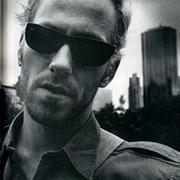
 Yen on a Carousel - David Holmes
Yen on a Carousel - David Holmes


